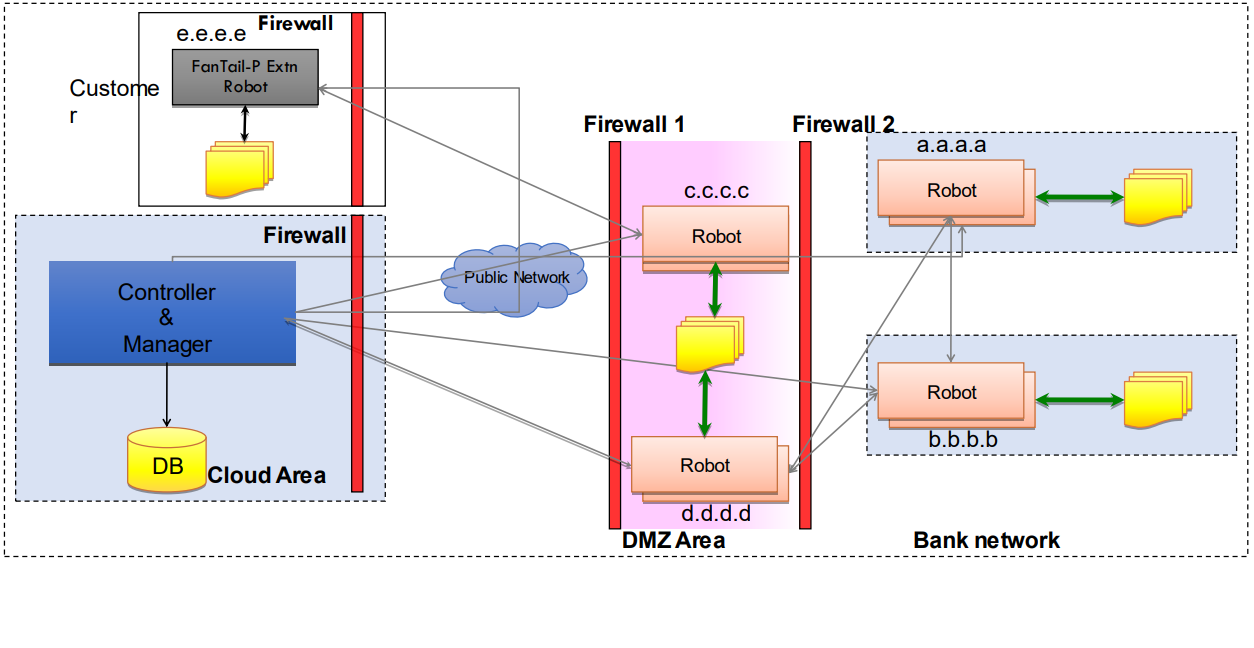Mastering DevOps and Cloud Systems Architecture
Cloud computing has evolved into a broad term encompassing various types of services and deployment models. As businesses and developers increasingly rely on cloud solutions, understanding the different types of cloud services and deployment options becomes essential. This post offers a foundational overview of cloud computing, including the major service models—Infrastructure as a Service (IaaS), Platform as a Service (PaaS), Software as a Service (SaaS), and Everything as a Service (XaaS)—along with the deployment models: public, private, hybrid, and community clouds.
Types of Cloud Service Models
| Service Model | Description |
|---|---|
| Infrastructure as a Service (IaaS) | Provides a virtualized infrastructure that users can configure, manage, and administer. Users control the operating system and applications, paying based on resource usage and time. |
| Platform as a Service (PaaS) | Offers infrastructure and tools for building, deploying, and managing web applications. This model eliminates the need for local installations, enabling development directly through the cloud. |
| Software as a Service (SaaS) | Grants access to specific applications via the internet, with no installation required on the user’s device. Maintenance and support are handled by the provider, accessible through a web browser. |
| Everything as a Service (XaaS) | A comprehensive model where all services are delivered as a package, replacing traditional software installations on individual devices. |
Types of Cloud Deployment Models
| Deployment Model | Description |
|---|---|
| Public Cloud | Services are hosted on external servers managed by third parties. Access is available via free or paid subscription, offering flexibility but potentially limiting control over data security. |
| Private Cloud | Services are hosted on-premises for exclusive use by an organization. Private clouds offer high security and control, suitable for organizations needing enhanced protection for sensitive data. |
| Hybrid Cloud | A combination of public and private clouds, allowing organizations to manage certain data in-house while using external cloud resources for non-sensitive data. |
| Community Cloud | A shared cloud infrastructure designed for multiple organizations with similar goals or compliance requirements. It enables secure collaboration while maintaining shared responsibilities. |
Understanding the various cloud models is vital for companies aiming to leverage cloud computing efficiently. Each service and deployment model offers unique advantages that cater to specific business needs. From managing infrastructure with IaaS to accessing applications with SaaS, and exploring comprehensive solutions with XaaS, the right cloud model can streamline operations, enhance security, and enable scalability.
